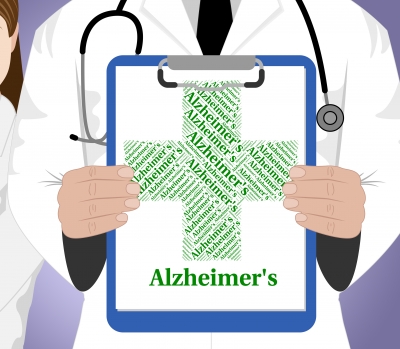Optimal brain function should be a main concern to all aspiring athletes. The better a person's brain functions, the better the person functions overall! Neurofeedback assists in improving brain function, which in turn improves an athletes ability to perform at their best. Many professional athletes utilize neurofeedback to enhance their sports performance, including members of the US Olympic Ski Team, Olympic beach-volleyball player Kerri Walsh-Jennings, and members of the Italian soccer team. In fact, when Italy won the World Cup for soccer in 2006, members of their team described neurofeedback to be their secret weapon in performance ability and success. How exactly does neurofeedback affect a person's ability to play sports?
A person’s diet plays a very large role in both physical and cognitive function. Therefore, if a person has a particular nutritional sensitivity, it can impact a person’s daily performance without the person even realizing it. One of the most under diagnosed food sensitivities today is gluten, a protein specifically found in wheat, rye, and barley.
Alzheimer’s disease is an insidious disease that takes over the lives of patients and their families. Recognizing early warning signs of Alzheimer’s helps to prepare for it. As with many diseases, if caught early, there are courses of treatment which will slow the progression and allow a person to maintain their memory. The early signs of Alzheimer’s disease include:
Have you ever wondered what’s going on inside of your brain when you are in love? Falling in love is exciting, exhilarating, comforting, and also stressful to the body, all at the same time! It should be considered normal to have feelings of confusion when falling in love, because you are putting your body through quite a spin of hormonal reactions! Read about the five substances your body uses in reaction to falling love!
A behavioral disorder is an umbrella term describing mental disorders affecting someone’s behavior in relation with the outside world. While it is common for kids to act out from time to time, when recurring bad behavior starts to cause problems in school, at home, or in a child’s social relationships, seeking consultation for diagnosis and treatment is crucial. Some signs and symptoms of a behavioral disorder are:









